Society was cut in two: those who had nothing united in common envy; those who had anything united in common terror
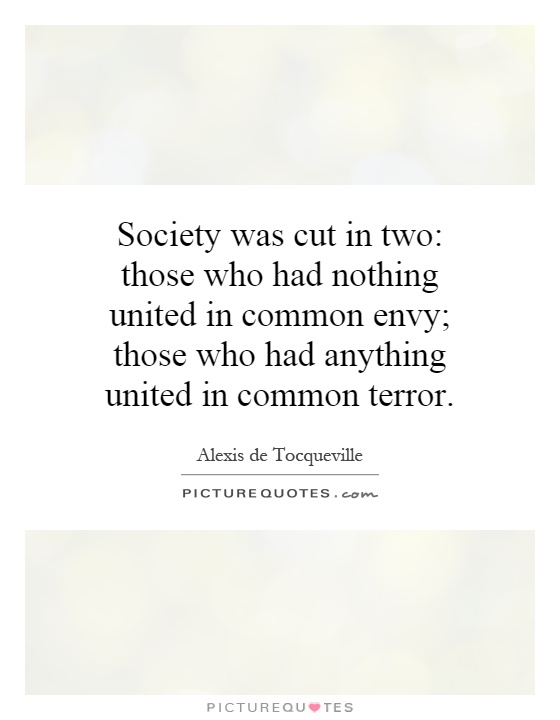
Society was cut in two: those who had nothing united in common envy; those who had anything united in common terror
Alexis de Tocqueville, a French political thinker and historian, made a profound observation about society in his famous work, "Democracy in America." He noted that society was divided into two distinct groups: those who had nothing and those who had something. The former group was united by a sense of envy towards the latter, while the latter group was united by a sense of fear.The first group, consisting of the poor and disenfranchised, felt a deep sense of envy towards those who had wealth, power, and privilege. They resented the fact that they were struggling to make ends meet while others lived in luxury. This envy often manifested itself in feelings of bitterness, resentment, and even anger towards the wealthy. The poor felt that they were being unfairly treated and that the system was rigged against them.
On the other hand, the second group, consisting of the wealthy and powerful, felt a sense of fear towards the first group. They were afraid that the poor would rise up against them, overthrow the existing social order, and take away their wealth and privilege. This fear led the wealthy to take measures to protect themselves, such as building gated communities, hiring private security, and lobbying for laws that favored their interests.
This division between the haves and the have-nots created a deep sense of social tension and conflict. The poor felt marginalized and oppressed, while the wealthy felt besieged and under threat. This dynamic of envy and terror perpetuated a cycle of distrust, resentment, and hostility between the two groups.
Tocqueville's observation remains relevant today, as societies around the world continue to grapple with issues of inequality, poverty, and social unrest. The divide between the haves and the have-nots is a source of ongoing conflict and strife, as those who lack resources envy those who have them, and those who have them fear losing them. In order to build a more just and equitable society, it is essential to address the root causes of this division and work towards creating a more inclusive and fair society for all.

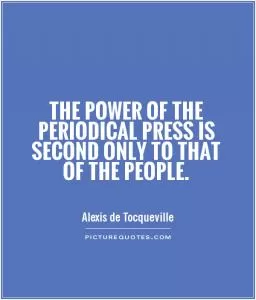
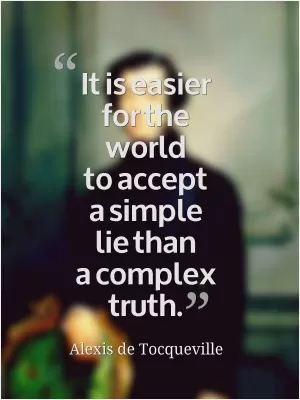


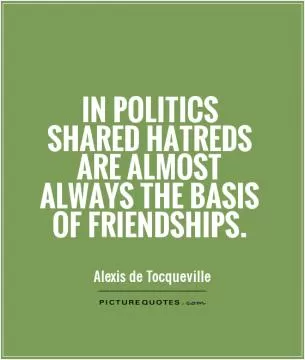
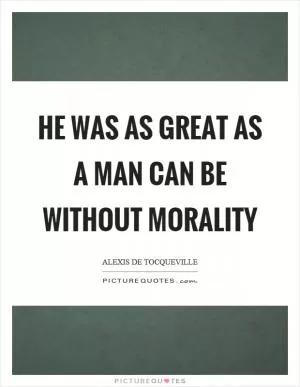
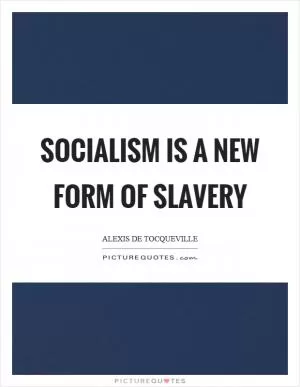
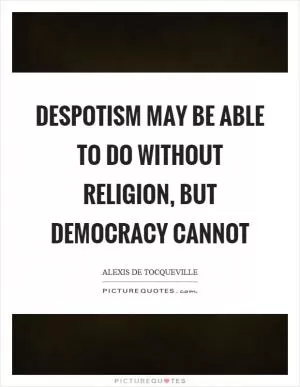
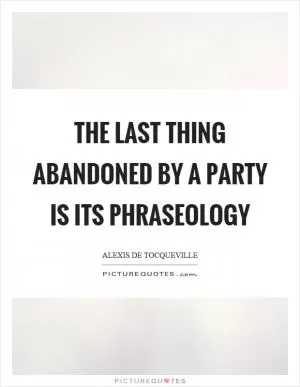
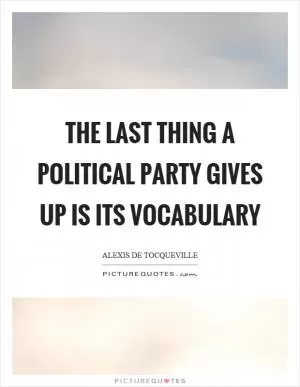
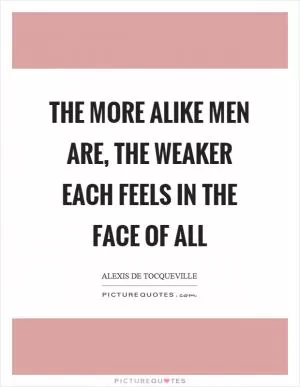
 Friendship Quotes
Friendship Quotes Love Quotes
Love Quotes Life Quotes
Life Quotes Funny Quotes
Funny Quotes Motivational Quotes
Motivational Quotes Inspirational Quotes
Inspirational Quotes